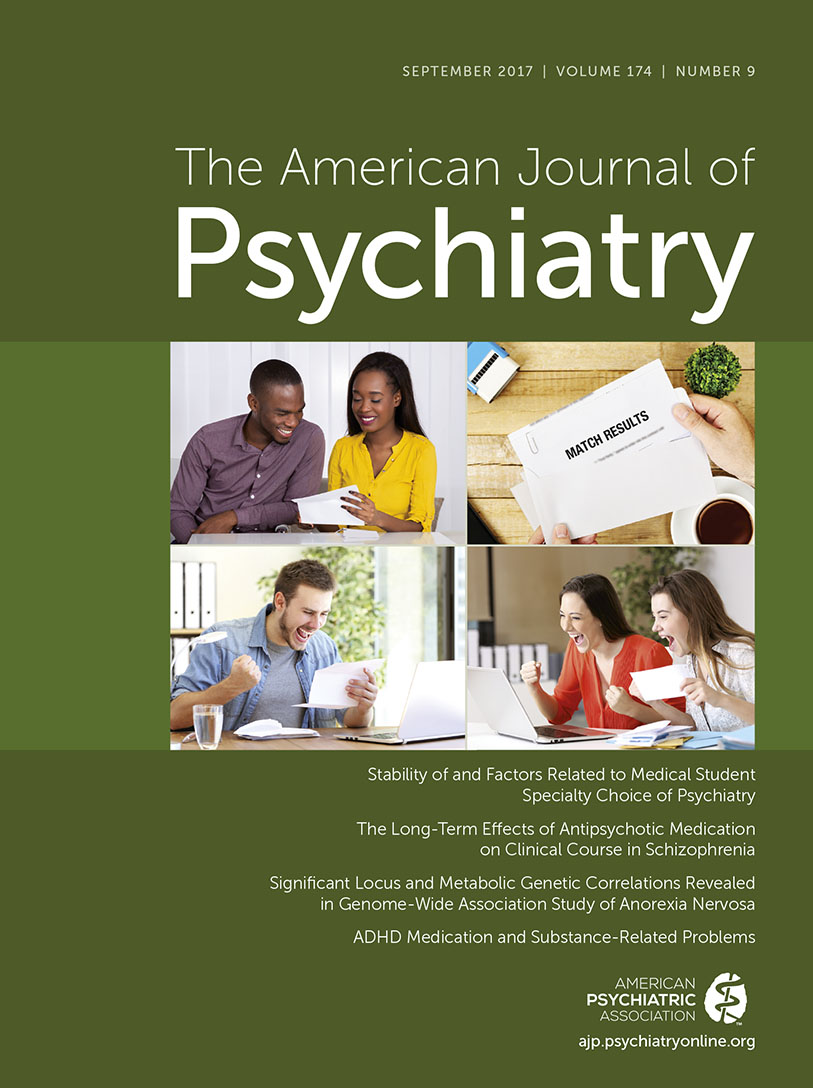ADHD Medication and Substance-Related Problems
Abstract
Objective:
Substance use disorders are major contributors to excess mortality among individuals with attention deficit hyperactivity disorder (ADHD), yet associations between pharmacological ADHD treatment and substance-related problems remain unclear. This study investigated concurrent and long-term associations between ADHD medication treatment and substance-related events.
Method:
The authors analyzed 2005–2014 commercial health care claims from 2,993,887 (47.2% female) adolescent and adult ADHD patients. Within-individual analyses compared the risk of substance-related events (i.e., emergency department visits related to substance use disorders) during months in which patients received prescribed stimulant medication or atomoxetine relative to the risk during months in which they did not.
Results:
In adjusted within-individual comparisons, relative to periods in which patients did not receive ADHD medication, male patients had 35% lower odds of concurrent substance-related events when receiving medication (odds ratio=0.65, 95% CI=0.64–0.67), and female patients had 31% lower odds of concurrent substance-related events (odds ratio=0.69, 95% CI=0.67–0.71). Moreover, male patients had 19% lower odds of substance-related events 2 years after medication periods (odds ratio=0.81, 95% CI=0.78–0.85), and female patients had 14% lower odds of substance-related events 2 years after medication periods (odds ratio=0.86, 95% CI= 0.82–0.91). Sensitivity analyses supported most findings but were less consistent for long-term associations among women.
Conclusions:
These results provide evidence that receiving ADHD medication is unlikely to be associated with greater risk of substance-related problems in adolescence or adulthood. Rather, medication was associated with lower concurrent risk of substance-related events and, at least among men, lower long-term risk of future substance-related events.



